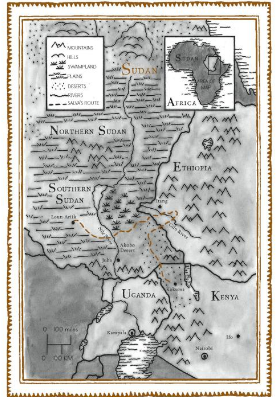|
↠ Study your sentence diagramming guide if you haven't yet mastered the sentences on the quizzes we have been taking.
↠ You should have a composition book which you leave in your own folder under your own class each day.
↠ Use your magical study guide to help you learn the word parts you will be tested on.
↠If you have not finished your magical study guide or had it checked off, quietly complete the assignment during reading time.
↠If you haven't finished your preposition manipulative, quietly finish it during individual reading time.
↠Book of the Month: Historical Fiction Multicultural Fiction (Make sure your book is NOT on the DO NOT Read List.
Sign-Ups were due January 26/27
for Term 3 will be March 10.
Parent-Teacher Conferences are on February 9. Watch for a word part challenge on the "spelling" bulletin board. No one has claimed the points yet!
For the Health and Safety
of Everyone Here,
This Classroom is now a
|
Targets for Today:
Students will compare an historical fiction account with a nonfiction account of the same event or period of time.
Students will better understand how sentences work, so they can better comprehend what they read and more effectively communicate in writing. |
Today’s Agenda:
1. Individual Reading Time: Read or. . . If you have some questions/facts to check, and you have finished your manipulatives, you may show your questions to Ms. Dorsey, then use the Chromebook that corresponds to your folder/composition book number to find a reliable source to verify whether or not they are factual. Also: Please respond to the Student Feedback Survey in Lab 224. Check your email for a message from Ms. Dorsey. It contains the link to the survey. Or you can see the link on Skyward. 2. Sentence Diagramming Practice -- Write and Check. If you haven't passed off the first three steps, after you complete the first Write and Check, take the quiz. Basic Sentence Diagramming Review.pdf 3. Continue reading A Long Walk to Water.
and
look up the real facts. (This is practice for your book project, as well as a help to understand the background of the book A Long Walk to Water.)
What can I learn about the Civil War that was going on
in Sudan in 1985?
Utah's Online Library: World Book Online, Student
http://www.worldbookonline.com/student/article?id=ar754645&st=south+sudan#tab=homepage
Utah's Online Library: Gale Research in Context Grades 6-8 Look up South Sudan. Look up South Sudan in the CultureGrams.  |
If You Were Absent:
Continue to read your historical fiction or multicultural fiction book. Look up facts you think may be true. Collect information from nonfiction reliable sources about the true background of your book. |
Vocabulary:
|
A1 and A2 did a second reading and recording? looked at research
B5 finished chapter, recorded for one reading -- looked at culturegram
B6
gave
subject verb
subject verb with adjectives and adverbs
question
Has ___________ eaten? (2)
Does __________ eat quickly? (2)
Did __________ throw the pencil? (3)
Will _________give ________ the pencil? (4)
Was __________ throwing the pencil at _____________? (4)
__________________________
subject verb direct object
subject verb indirect object direct object
























